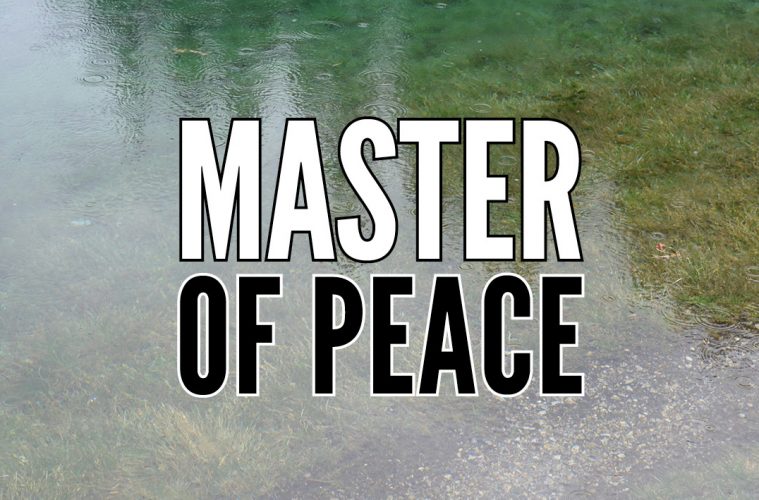Poetry and Peace Studies: Ways of Expressing and Understanding the Inexpressible
The aim of my thesis is to understand how poetic texts can help to express and understand otherwise inexpressible human experiences: Experiences of joy, awe, and bliss, but also experiences of utmost horror and violence, or experiences of emotional void. Due to my family history and the fact that I was born and raised in Germany, I felt that the two World Wars and especially the Holocaust are experiences that still affect me. I, therefore, chose this time as the frame for my research and focused on the conditions of inexpressible experiences in the context of two wars and a genocide. Using the works of Wolfgang Dietrich, John Paul Lederach, and Adam Curle among others, I discussed the importance of regaining one’s voice after wars and conflicts. I started by analyzing the works of the poets Nelly Sachs, Paul Celan, and Ernst Jandl to find out about their ways out of speechlessness by poetic means. I then focused on how those experiences can be transformed in the process of expressing and understanding them with the help of writing and reading poetic texts. Based on the writings of Michel Foucault, Carl Gustav Jung, among others, I looked closer at this transformative potential and explored how expressing the inexpressible through poetic texts can lead to a transformation of those experiences, as well as to empathy and a sense of connection between individuals.
***
Writing my thesis was accompanied by my personal process of understanding the inexpressible experiences of the Second World War and the Holocaust. Reading and transferring the poems of Sachs, Celan, and Jandl, engaging with their life stories, transformed the Holocaust from a nameless, distant horror, to the experiences of human beings I feel connected to through their writing. I started to understand the inexpressible and after weeks and weeks of nightmares full of violence, of grieving for the lost lives, I had to express my understanding of the inexpressible. I wrote a letter to the friend I could have had, a friend I lost in the Holocaust. Something I cannot yet name has changed within me ever since. Writing the thesis was a journey of (re)connecting to my past, to our past, to the power of stories and the importance of telling and of listening to them with an open heart.

